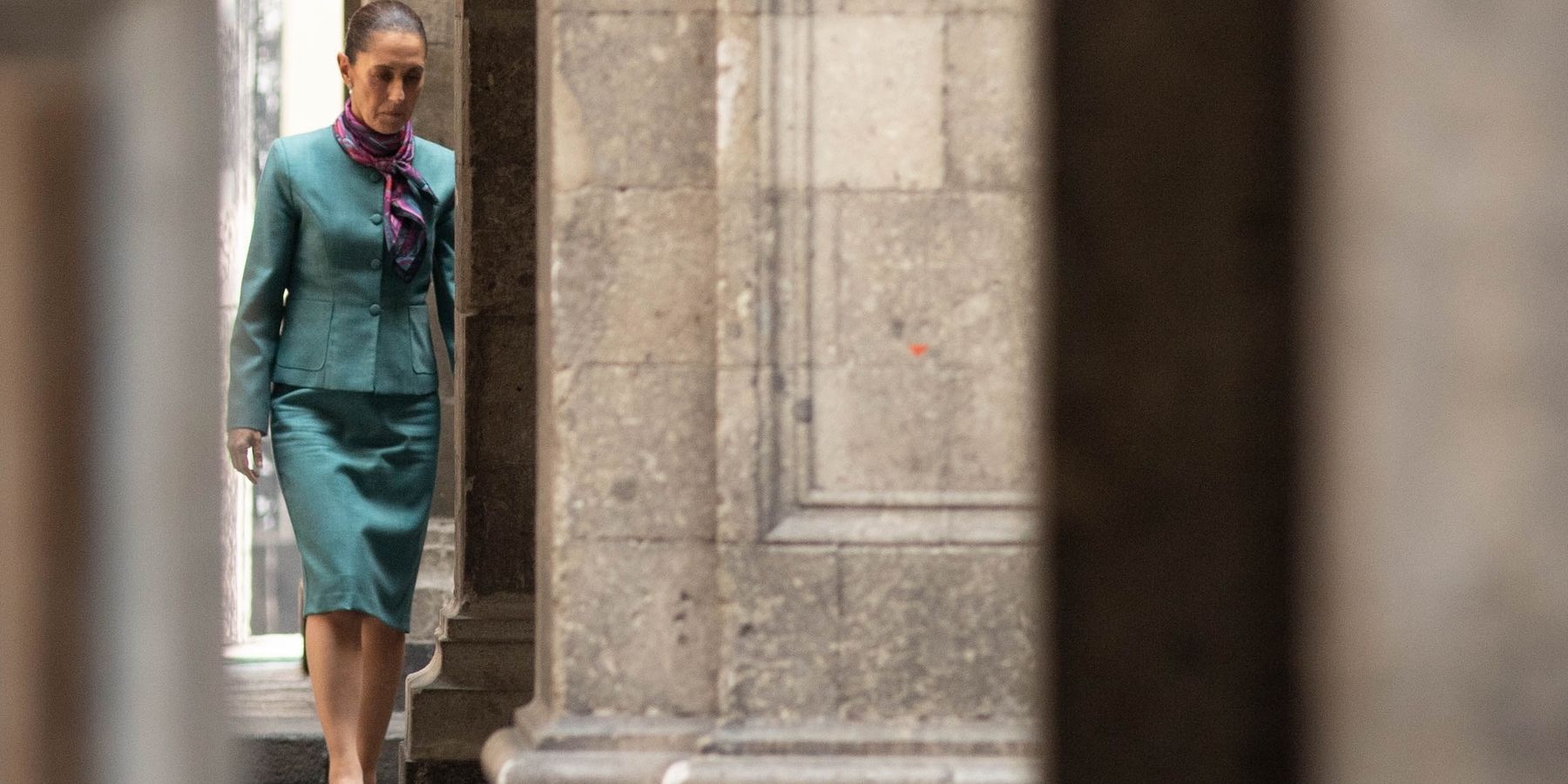President Trump announced today that he would impose 25% tariffs on imports from Canada and Mexico starting tomorrow. The tariffs were originally set to take effect on February 4, but he then announced a last-minute reprieve of one month.
The announcement comes despite very different responses from Canada and Mexico to Trump’s tariff threats. President Sheinbaum of Mexico has gone to some lengths in recent days to accommodate U.S. preferences on key American concerns–migration, crime and Chinese exports to Mexico.
Last Thursday, she oversaw the transfer of 29 high-profile drug lords to US custody, signaling a willingness to align more closely with Washington in the fight against drugs and organized crime. And on Friday, Treasury Secretary Scott Bessent said Mexico was going to impose tariffs on imports from China to match those set by the U.S., a step he urged Canada to follow.
The measures announced by the Mexican government likely have or would have had associated costs — potential violent retaliation by drug gangs, and forgoing inbound investment from China, the world’s current leader in electrical vehicle technology. But evidently, this was a price Sheinbaum felt was worth paying to avert the tariffs.
Canada has taken a much more combative approach, with tempers likely inflamed further by the relentless taunts (if not yet actually threats) of the country’s incorporation as America’s 51st state. Large parts of Canada’s political spectrum have united against these suggestions. The outgoing Liberal Party Prime Minister Justin Trudeau has drawn closer to the European Union and sought common ground with them on the subjects of global trade and Ukraine. Ontario Premier Doug Ford of the Conservative Party has been threatening for months to turn off Canada’s power supply to parts of the Northeast, a step he said today he would take, with a smile on his face. The complexities of power transmission might make this hard to do but it is still an indication of how fraught the current relationship across the 49th parallel has become.
Yet despite these differences between Canadian and Mexican approaches, both are being hit with the same tariffs (assuming nothing happens between now and when then they are due to take effect). The measures could lead to a massive shock as total trade between the three countries in the USMCA free-trade area accounted for more than $1.3 trillion in 2023. The resulting shock is not just about the volume of trade between the countries but also the composition. Trilateral trade involves lots of intermediate goods and parts crossing borders multiple times, particularly in the highly integrated automotive sector. A recent story showed how a single piston crosses borders 6 times in the course of its manufacture.
The entire process thus far suggests that uncertainty might be here to stay — not just for businesses but even for governments. The parallel treatment of Canada and Mexico, despite their very different approaches to Trump, suggests that even commercial diplomacy is now a much less predictable enterprise when it comes to U.S. foreign policy.
- Trumponomics: Global South is girding for tariffs — or not ›
- Whiplash: Trump says tariffs on Mexico, Canada delayed ›
- Trade review process could rock the calm in US-Mexico relations | Responsible Statecraft ›




 (Shana Marshall)
(Shana Marshall)











